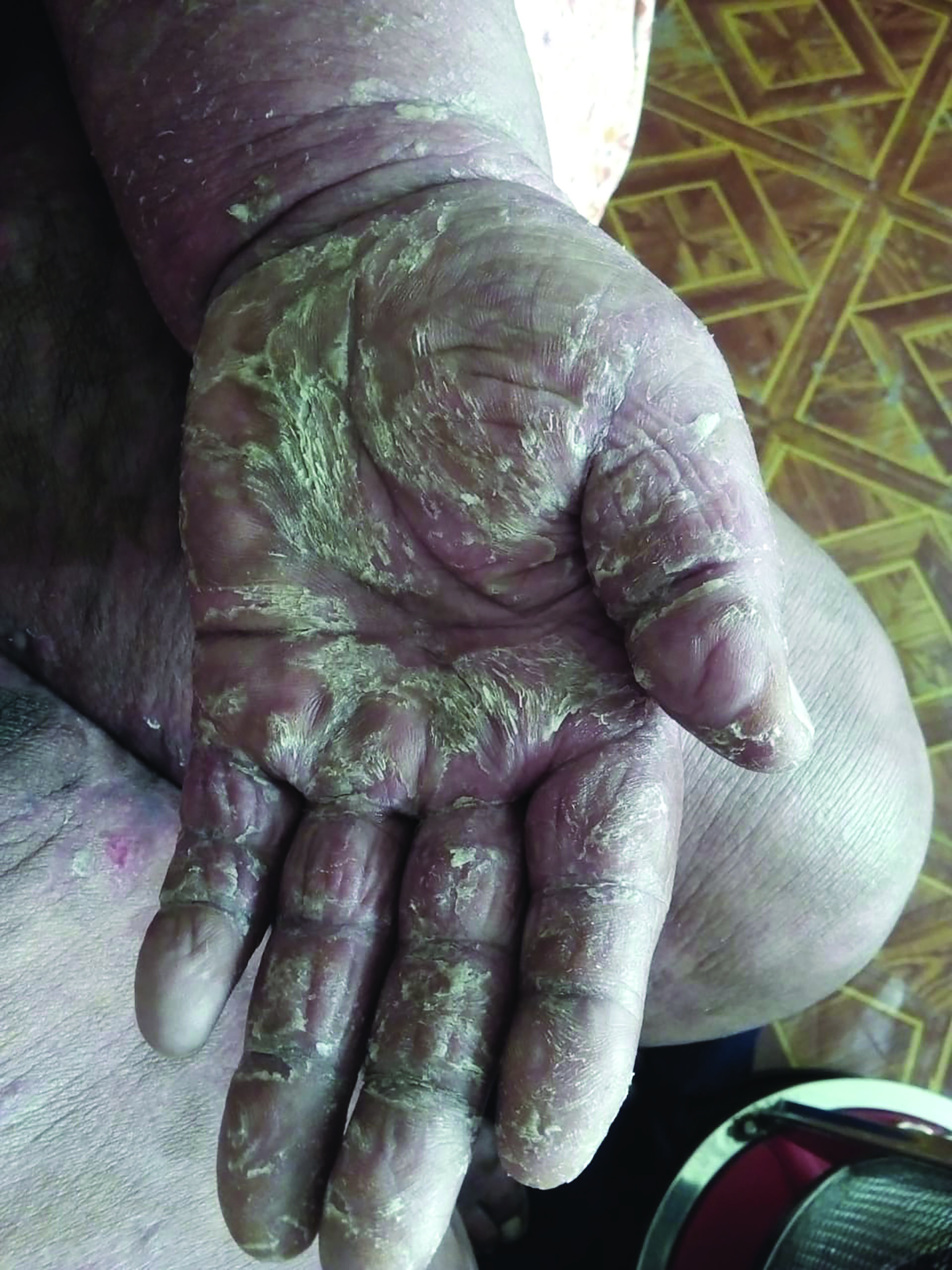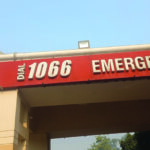Ntsoaki Motaung
Minister of Health Selibe Mochoboroane has decried the high cost of treating cancer patients abroad.
“Between 2015 and 2016, we used to spend between about M114,000 and M140,000 to treat one cancer patient,†Mochoborane said this week.
“From 2022 to date, we are spending about M220,000 to treat one cancer patient,†he added. He was addressing the parliament’s portfolio committee on social cluster.
The portfolio committees are holding meetings with individual ministries within their portfolios to discuss the respective ministries’ 2023/2024 budget estimates.
This kind of meetings happen every year after the minister of finance has presented the annual budget speech to the parliament.
Mochoboroane told the committee that there were a lot of challenges facing the ministry of health. Some of these challenges, he said, include referring patients to hospitals abroad as local ones do not have the equipment and specialised human resources.
“We refer our patients to Bloemfontein in South Africa or to India. We want to ensure that patients are treated here at home but that will only happen if we have the necessary equipment and human resources,†he said.
The minister said many people were dying of cancer. In 2022 alone, 600 new cases of cancer were recorded across the country.
“They were patients with prostate cancer, breast cancer, and cervical cancer. 303 of the cases were those of cervical cancer. Not so long ago, we launched the screening of cervical cancer program and our three partners helped with the equipment,†he said.
“This programme will help us to ensure that the women are screened and girls between the ages of nine and 13 are vaccinated,†he added.
When presenting the budget speech to parliament last week, minister of finance and development planning, Dr Retšelisitsoe Matlanyane said it was worth noting that progress had been made in the administration of chemotherapy in the country at an oncology clinic and cervical cancer screening for women between 20 and 65 years.
“This budget proposes M3.2 billion for financing health sector programmes. This will allow deployment of the health workforce in critical areas, procurement of critical equipment in hospitals, and implementation of disease prevention programmes,†Matlanyane said.
“The planned works will also proceed for the cancer center,†she added.
During the commemoration of World Cancer Day in February last year, the ministry of health’s director general, Dr Nyane Letsie, said Lesotho would start making notable savings from “next year†in its cancer response.
Letsie said this would happen after the completion of Cancer units at both the under-construction Queen Elisabeth II (QE II) Hospital, which will serve as a Maseru district hospital as well as at the Queen Mamohato Memorial Hospital (QMMH).
She said Lesotho spends at least M12 million a month transporting and treating cancer patients in South Africa.
This, she added, totalled about M114 Million a year. She indicated that the costs would significantly go down when patients are treated in the country.
“Plans are underway for the construction of a cancer hospital with chemo unit and machinery for mixing drugs at the under-construction QE II and the Reginal cervical cancer treatment at QMMH,†Letsie said.
She said the first Mosotho oncologist had resumed duty and had already conducted baseline assessment adding that two more Basotho were undergoing clinical oncology training.
She said from January to November 2021, Senkatana Centre of Excellence (Oncology and Cervical Cancer Clinics) provided different types of treatment ranging from symptomatic, radiation, chemotherapy, chemo-radiation, and surgery to a total of 488 (01 refusal of treatment) oncology clients.
“Mainly treatments in the form of surgery were done in-country while chemotherapy, radiation, and many more required that clients be referred to Bloemfontein for further management and advanced treatments; with the government paying for their transport and treatment costs ranging from M150,000 to M200,0000 depending on the individual requirements,†she said.
Summary
- When presenting the budget speech to parliament last week, minister of finance and development planning, Dr Retšelisitsoe Matlanyane said it was worth noting that progress had been made in the administration of chemotherapy in the country at an oncology clinic and cervical cancer screening for women between 20 and 65 years.
- Letsie said this would happen after the completion of Cancer units at both the under-construction Queen Elisabeth II (QE II) Hospital, which will serve as a Maseru district hospital as well as at the Queen Mamohato Memorial Hospital (QMMH).
- “Plans are underway for the construction of a cancer hospital with chemo unit and machinery for mixing drugs at the under-construction QE II and the Reginal cervical cancer treatment at QMMH,†Letsie said.

Your Trusted Source for News and Insights in Lesotho!
At Newsday Media, we are passionate about delivering accurate, timely, and engaging news and multimedia content to our diverse audience. Founded with the vision of revolutionizing the media landscape in Lesotho, we have grown into a leading hybrid media company that blends traditional journalism with innovative digital platforms.









